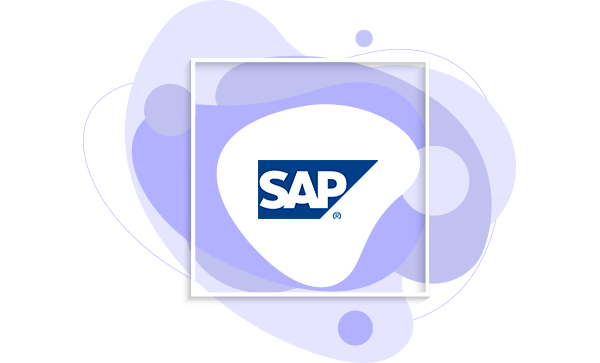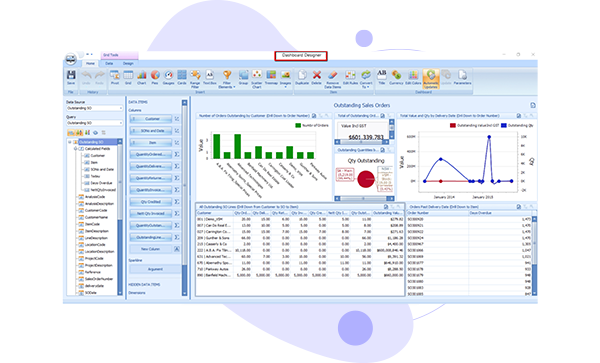SAP South Africa
SAP started in South Africa in the early ’80s where they founded their head office in Woodmead, Johannesburg. SAP Africa was the first of its subsidiaries to become fully owned in South Africa. They employ around 700 staff and have just under 3000 active customers. They are fairly serious contenders with aquite a large local presence in South Africa, with many vendors and providers offering many different solutions. Some of their clients include: Standard Bank, Eskom and Media24. SAP offers a number of tailored solutions with a variety of products and services targeted across the spectrum of SMB, SME and large enterprises in South Africa. One of their flagship products for the Enterprise Resource Planning (ERP) platform is SAP S/4HANA.


What is SAP ERP?
Originating in 2011 which is based on SAP HANA in-memory database which gives its customers the ability to transact and gather insights in real-time. Being an upgrade, from its previous version, it now gives customers the edge by being able to process complex data faster, solve much more intensive and complex problems faster whilst being a lot easier to use. As with many companies across the globe, SAP is pushing its customers towards the cloud. It does however also offer, on-premise as well as hybrid-deployment options.
Visit their website to learn more »Feature Ratings for SAP
Pros and Cons
Pros SAP ERP system integrates Finance to upstream processes, including Procurement, distribution, and Sales. SAP ERP financial analysis is made easy with integration to upstream operations. SAP ERP integrates with external SAP Certified applications such as concur Expense and success factors. While SAP is more versatile serving large enterprises, it also offers a product explicitly for small businesses. SAP software is built with great functionality. SAP upgraded in-house, developed its system, and added its features on the software. SAP's initial coast is affordable. SAP comes with great BI features with in-built data storage, dashboards, and report writing. It has an extensive and comprehensive network of consultants for each particular module. SAP offers reliable and centralized accounting. It is built with filters to manage various aspects of the parameters of the department and workers in a company. Based on the budget available, SAP can be used to plan bonuses and appraisals efficiently. Security features are on point. A simple division of duties can be accomplished by allocating rights of access based on the least privileged principle. SAP has a large data store for research and preparation. It can be used to identify inefficiencies and do detailed variance analysis by just about anyone within the organization.
Cons SAP is a vast system, and implementation can be lengthy. It is difficult to modify the standard setup or integrate third-party applications. SAP customization is expensive. There can be a lengthy learning curve to master SAP.
